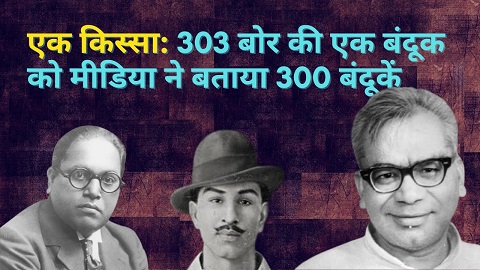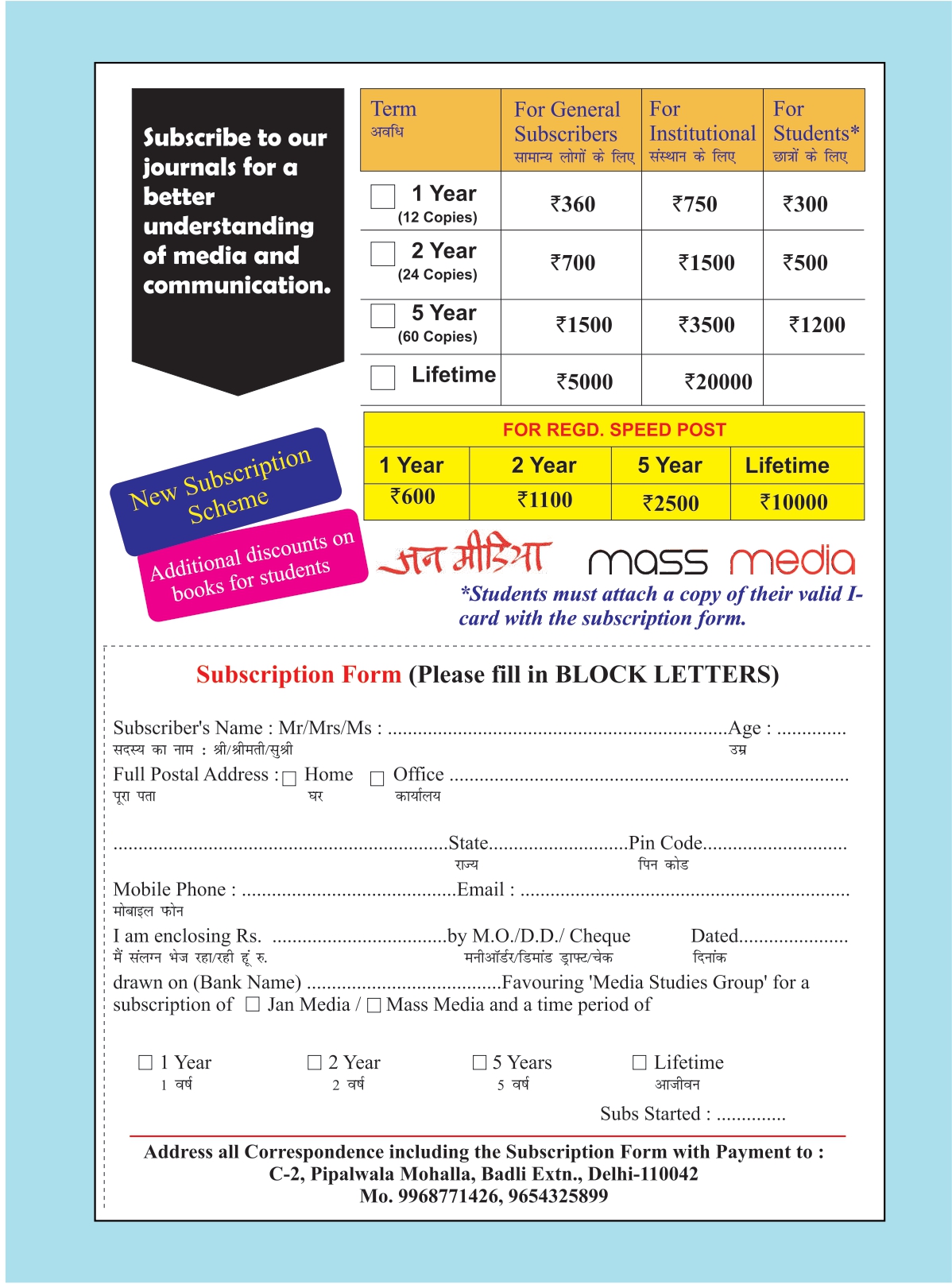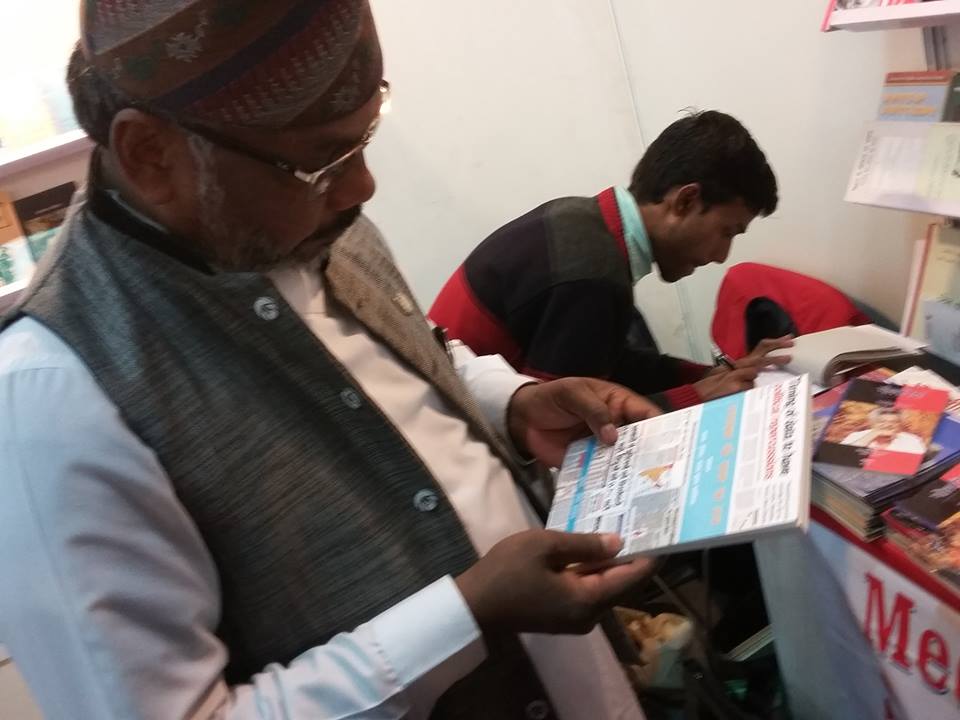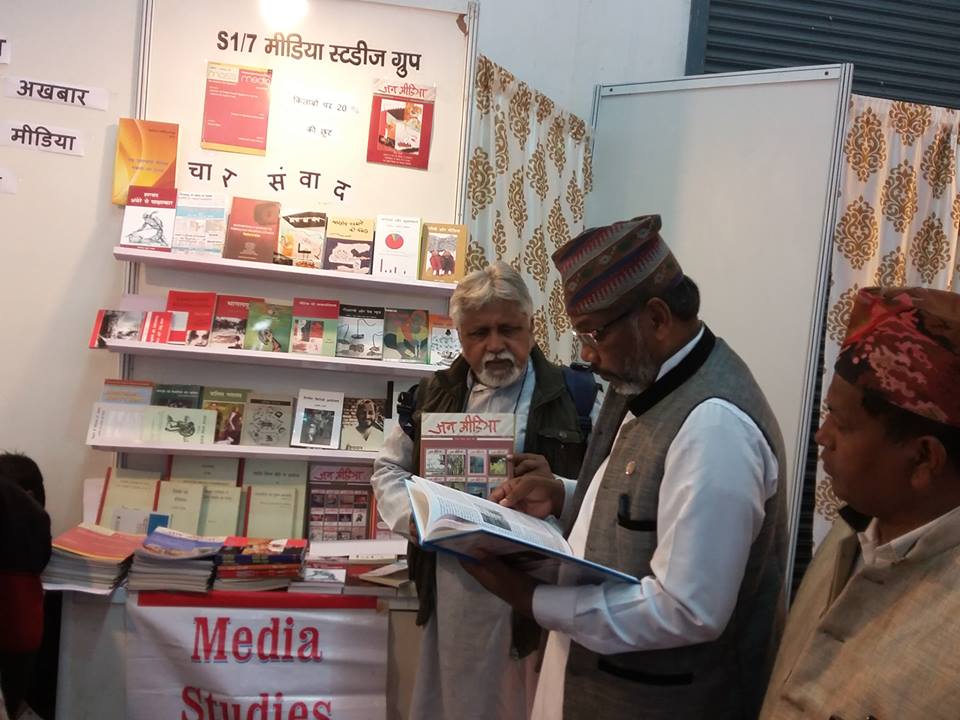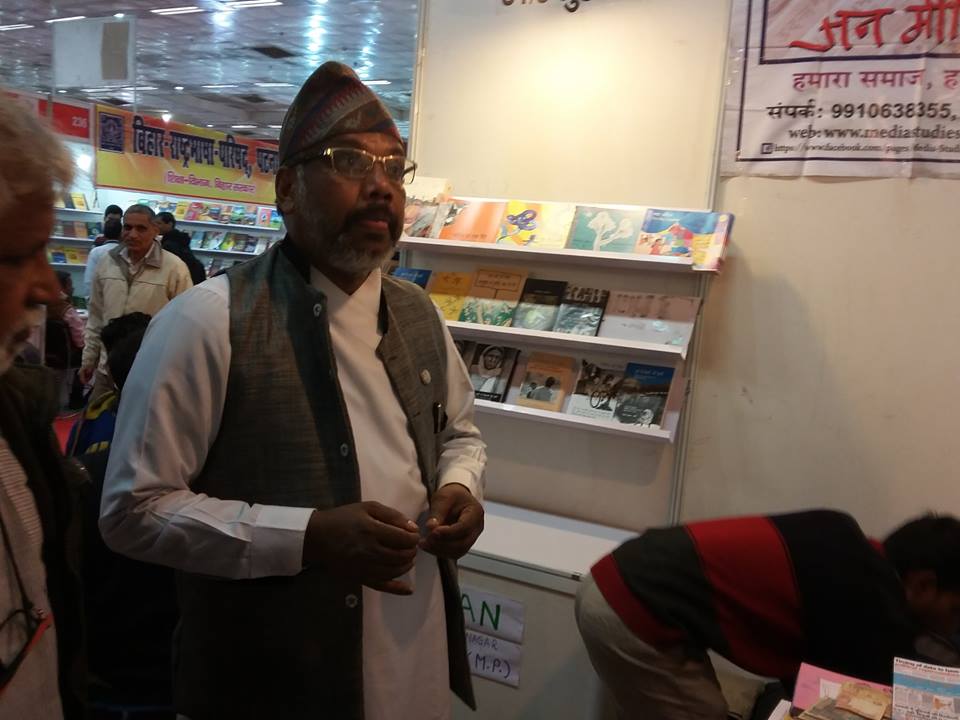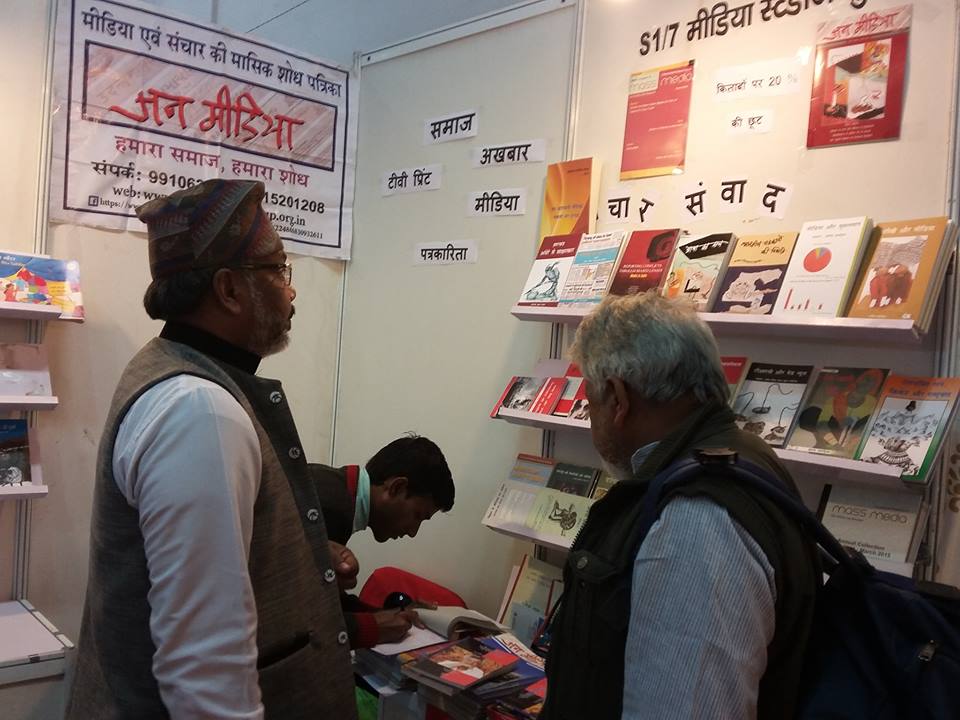Indian Express, the leading English language newspaper, published a news report on the front page of its 30 June 2014 edition with the following heading, – Delhi’s RTI ‘terrorist’ hunting victims on a bike, with cameramen in tow. Shalini Narayan in her report has described a man’s torturous behavior with people around him. The man, one Mr. Anil Dutt Sharma, has been termed as an antisocial and a ‘terrorist’. The reporter lists a number of cases wherein Sharma is reported to have been intimidating people using the bogey of Right to Information (RTI) Act. The Act enables an Indian citizen to seek information from any government office or subsidiary, financed wholly or partly by the government.
Initially, the report uses the word “blackmailing” for Sharma’s acts of omission and commission. The newspaper has devoted almost one-fourth of a page to this report (including first and second page). This report was prominently published in its web edition as well. We are not questioning the veracity of the report but wondering if the word terrorist should have been used so recklessly by the newspaper.
Indian media has not shown any sensibility towards using sensitive words. It has been feeling free to use the word terrorist to any incident that is accompanied with any form of violence. But, to media’s biasness, it is attributed mostly to the non-governmental violence. We are not here to differentiate between governmental and non- governmental violence and decide which one should be called an act of terrorism. Our concern here is limited to the fact that a tendency has developed regarding the use of this word in such a way that even the misuse of a law can be termed as a terrorist activity.
Reckless use of words is not a recent phenomenon. It can be traced back to the eighties with the use of the wordMafia. All those who were involved in or a part of illegal acts and heading such groups were called mafia. Later, its use became wild. Many such words came by the time and later vigorously used to even absurd meanings. For instance, the word terrorist has now been used for Naxal and Maoist activities too. In fact, it has extended to be used for robbery and bloodshed also! In the same way Social Terrorism is now used to express the fight between untouchables and backwards.
When an adjective is used to define an incident, it also expresses its character of social, economic and political meanings. It takes a long time to coin a single word for an action which required a long sentence previously. A word is communicated to a society with all its inherited meaning which it acquires in due course of time with the society. That is why the words are considered the power of the media.
In recent times, words like violence, terrorism, extremism and separatism have been so intermingled with each other that the society starts carrying on the medium’s view instead of communicating with it. The history is full of debates and discussions about the use of such words, which could have wide social and political connotations. For instance, when Barry Collin used the word Cyber Terrorism first in 1982, it invited a big debate within and outside the country. When 7/7 happened in London in 2005, it generated a big debate over calling the accused a terrorist just because the British media was very sensitive about calling its own citizen a terrorist and it knew its domino effect.
Words are dynamic and very sensitive. Hence the media need to take extra care while using such words. But developing countries including India are a victim of importing foreign words and using them as it is, without realizing its consequences. It seems that developing countries are merely carrying forward the words created by the countries, which control the entire business of information and communication. Basically, these words created by the developed West, are also a form of domination. The word Sikh Terrorism in the context of Punjab was first used by a foreign media outlet. Then it created the term Islamic Terrorism. It continues to create new terminologies. Now we have RTI Terrorist to define a person misusing Right to Information!
– Anil Chamadia can be contacted at namwale.
Reference –
2. https://www.internetjournalofcriminology.com/Awan_Debating_The_Term_Cyber-Terrorism_IJC_Jan_2014.pdf
Suggestion: To know the different aspects of 7/7 debate in Britain, one can use different website search engines.


